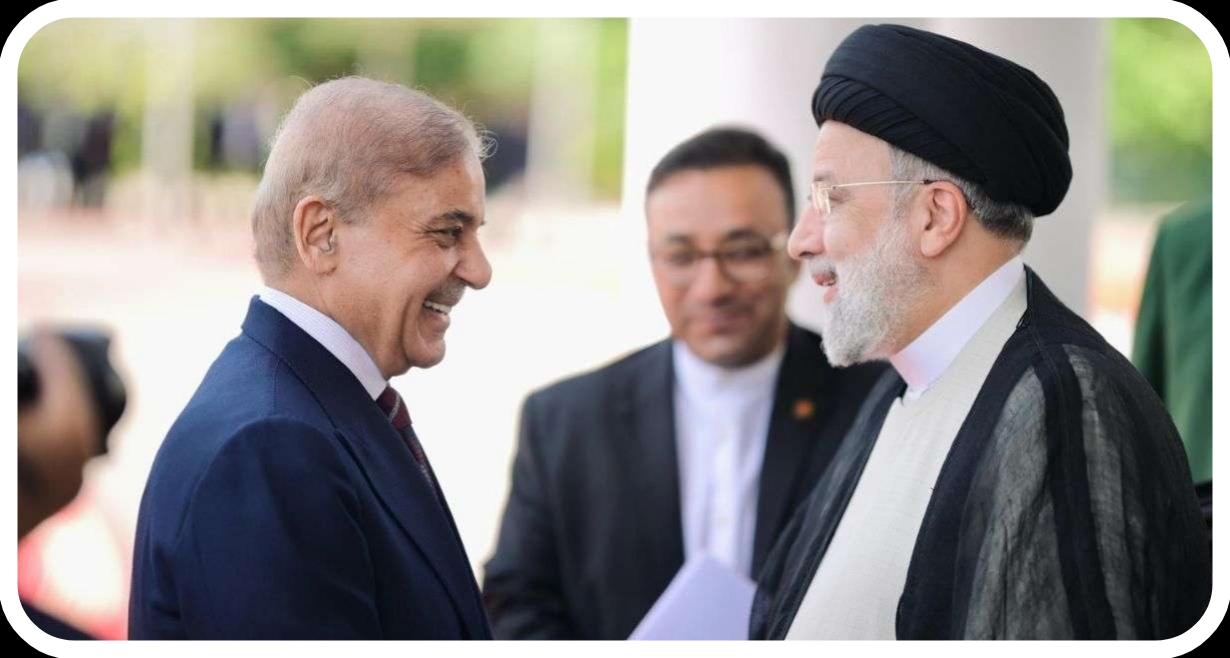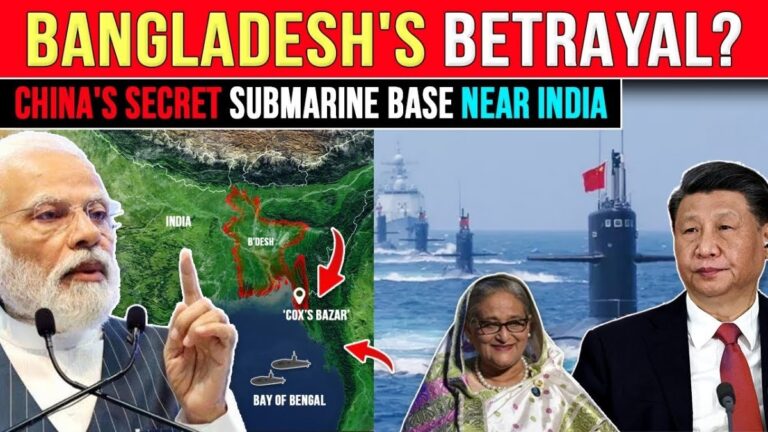“Pakistan Receives Stark Ultimatum, In a recent diplomatic exchange fraught with implications for regional stability, the United States issued a stern warning to Pakistan regarding its trade dealings with Iran. This warning comes amidst escalating tensions between Washington and Tehran and could significantly impact the geopolitical landscape of South Asia. Here’s a comprehensive breakdown of the situation and its implications.
The Background ♣
The latest developments unfolded shortly after Iranian President Ebrahim Raisi’s visit to Pakistan, during which he expressed dissatisfaction with the current trade volume between the two nations. Raisi’s meetings with top Pakistani officials, including Prime Minister Shehbaz Sharif and President Asif Ali Zardari, aimed to address this issue. Both sides agreed to boost trade to $10 billion, a move signaling their intent to strengthen bilateral ties.
U.S. Warning and Reasons Behind It ♣
However, the U.S. swiftly responded to these overtures, cautioning Pakistan against engaging in significant business transactions with Iran. The Pentagon emphasized the potential risk of sanctions for any such deals, citing concerns over Iran’s nuclear program and its support for designated terrorist organizations like Hezbollah and Hamas.
Historical Context ♣
The U.S. and Iran have a long history of strained relations, dating back to the 1979 Iranian Revolution. Sanctions imposed by the U.S. on Iran have targeted its nuclear program and alleged support for terrorist groups. Additionally, Pakistan’s collaboration with Iran on projects like the gas pipeline has faced hurdles, including delays and threats of international legal action.
Recent Sanctions on Pakistani Entities ♣
The U.S. recently imposed sanctions on entities involved in Pakistan’s ballistic missile program, including companies from China. This move underscores Washington’s commitment to curbing proliferation activities and maintaining pressure on actors deemed to threaten international security.
Pakistani Perspectives and Challenges ♣
Implications for Regional Dynamics ♣
The U.S. warning to Pakistan carries significant implications for regional dynamics, particularly in the context of broader geopolitical rivalries. It underscores Washington’s determination to maintain its influence in South Asia and contain Iran’s regional ambitions. Moreover, it highlights the complexities of navigating relations in a volatile region where competing interests often collide.
Conclusion ♣
As tensions simmer between the U.S., Pakistan, and Iran, the ramifications of their diplomatic maneuvers extend far beyond their borders. The delicate balance of power in South Asia hangs in the balance, with each decision shaping the region’s future trajectory. How these nations navigate this geopolitical minefield will define the stability and security of the region for years to come.
In conclusion, the latest warning from the U.S. to Pakistan underscores the intricate web of alliances and rivalries shaping the geopolitics of South Asia. As the situation continues to evolve, all eyes remain fixed on how these key players will maneuver in pursuit of their respective interests.


















